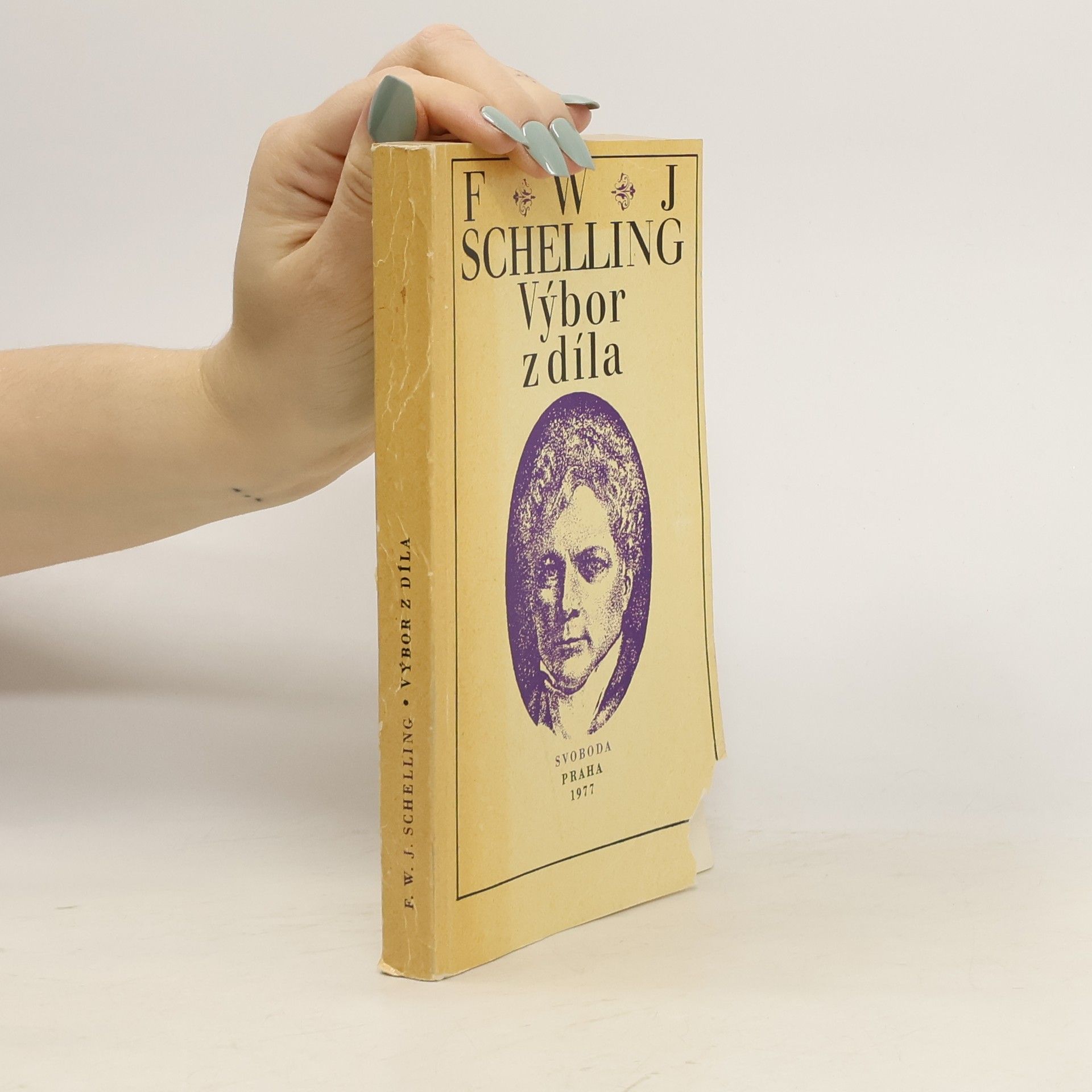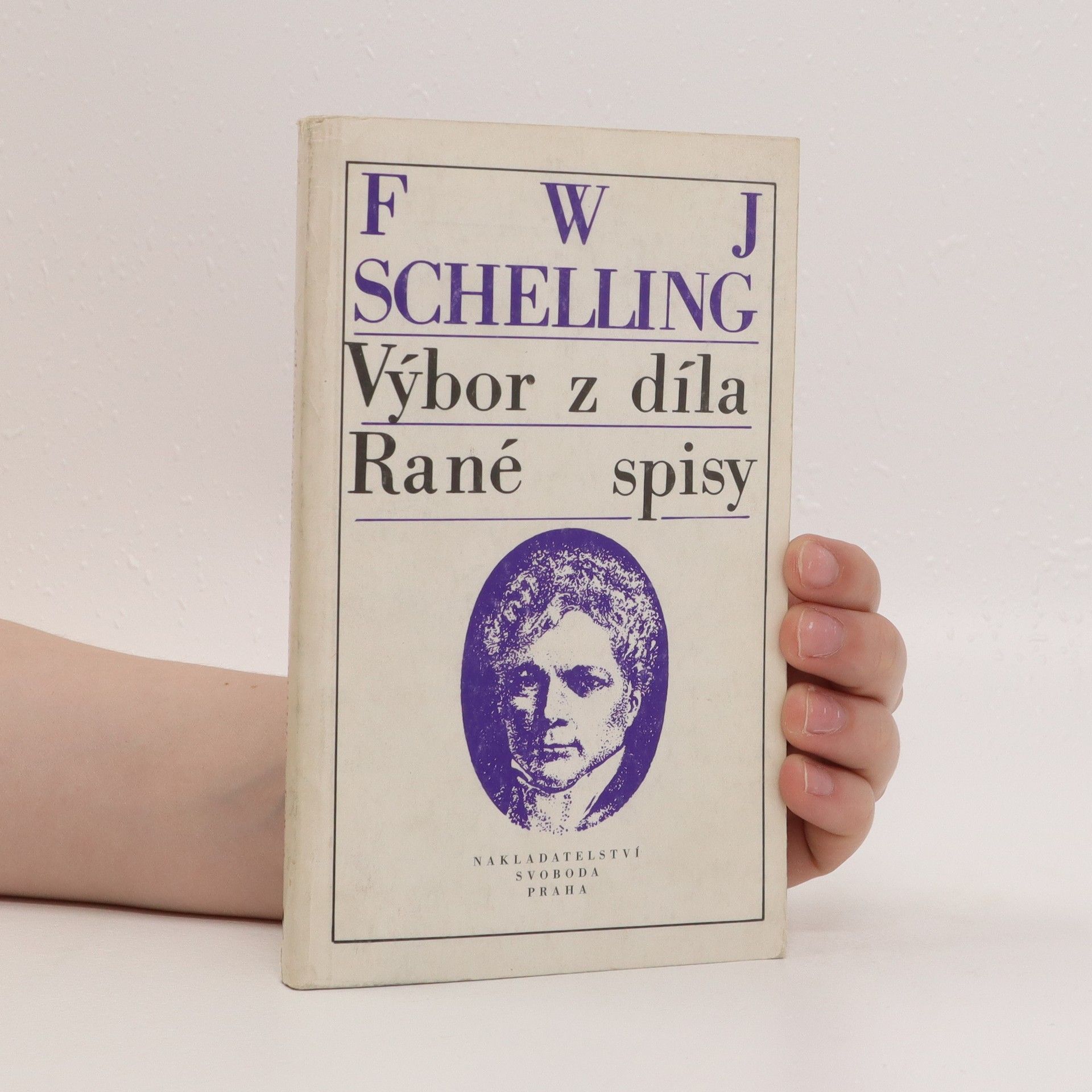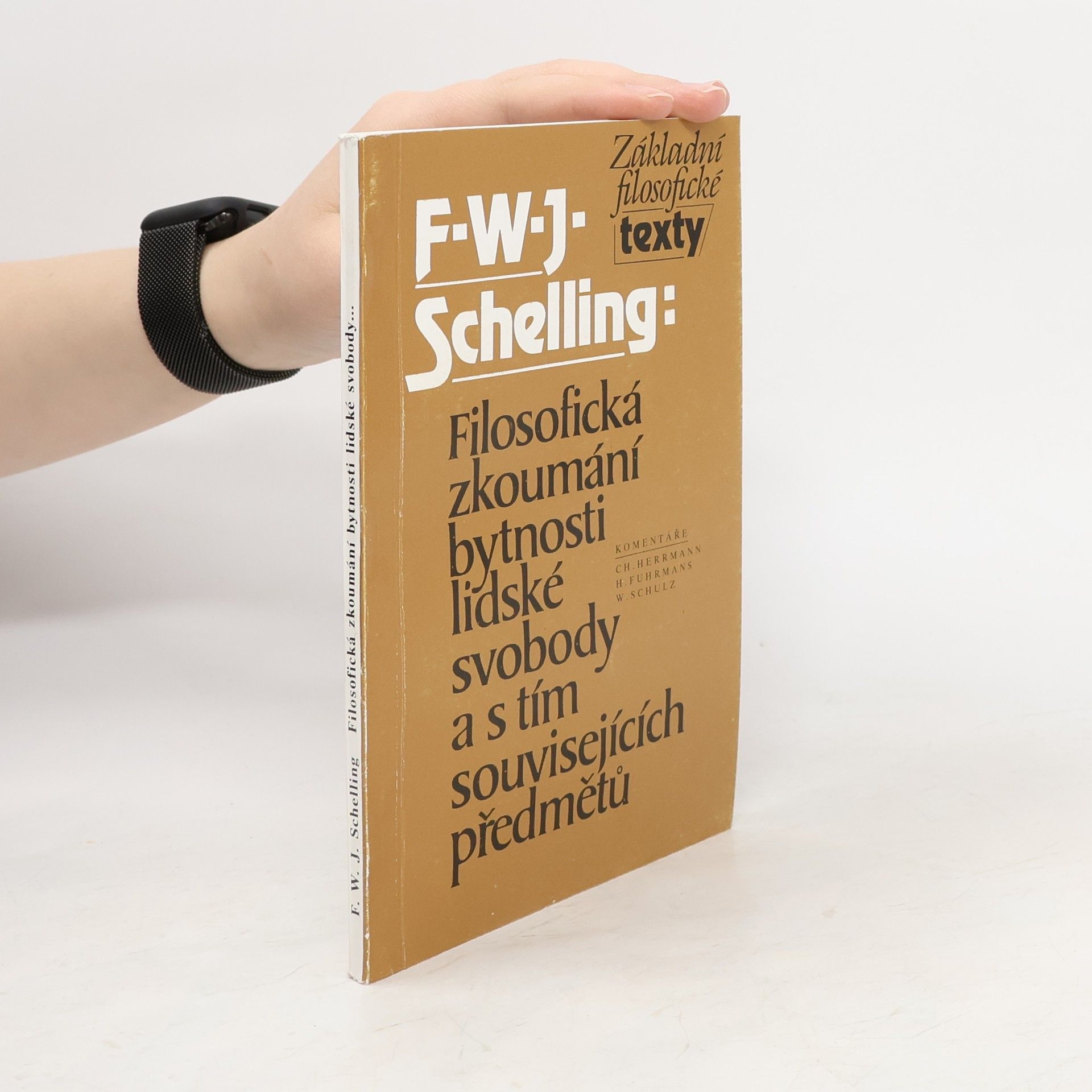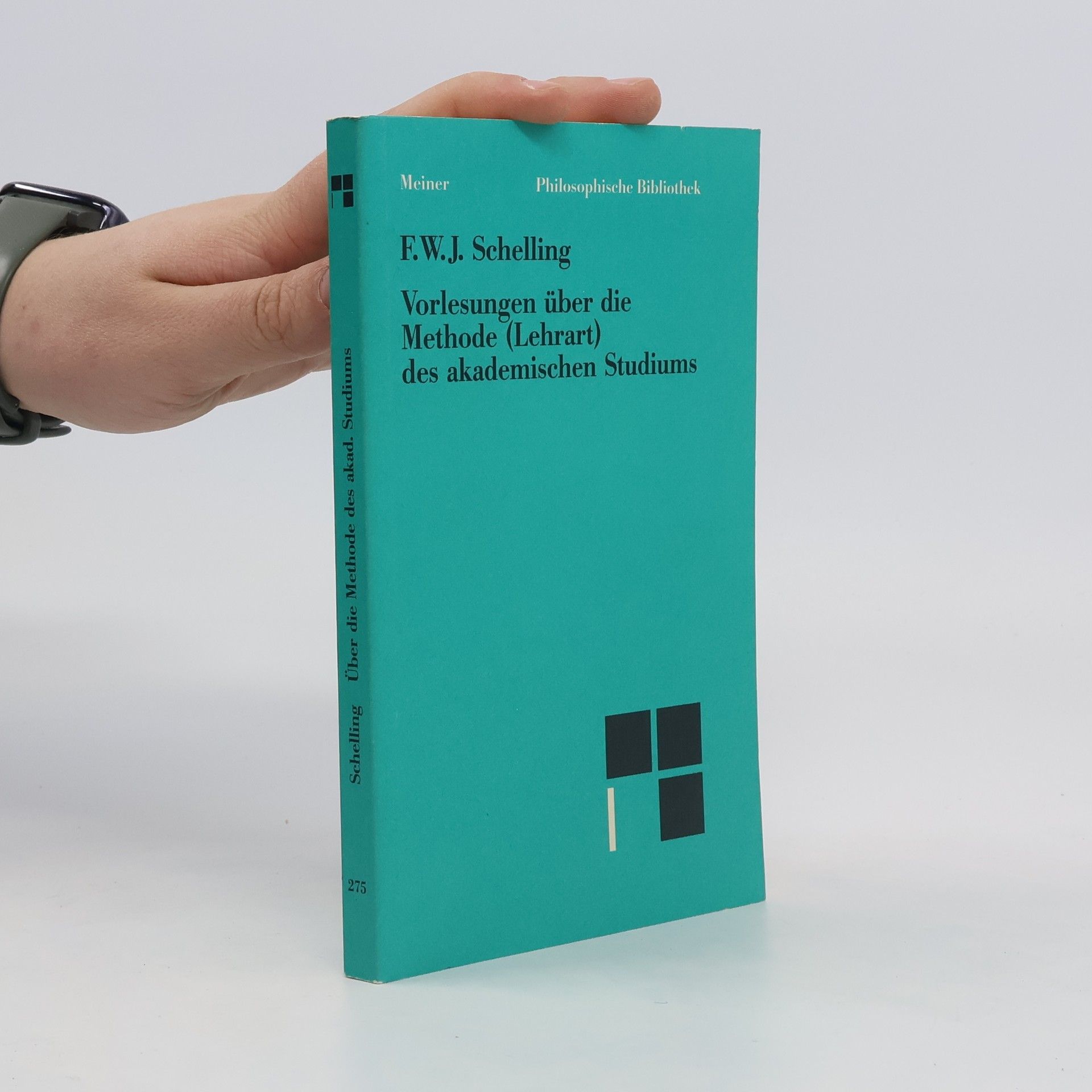Friedrich Wilhelm Joseph von Schelling Boeken
Friedrich Wilhelm Joseph Schelling was een Duitse idealistische filosoof, die vaak tussen Fichte en Hegel wordt geplaatst. Zijn filosofie wordt frequent gekenmerkt als proteïsch vanwege de evoluerende aard, hoewel wetenschappers pleiten voor onderliggende thematische consistentie. Centraal in zijn werk staan de verkenningen van menselijke vrijheid en de ingewikkelde relatie tussen geest en natuur. Ondanks historische verwaarlozing, met name in de Engelstalige wereld, ondergaat Schellings denken momenteel hernieuwde academische aandacht en herwaardering.

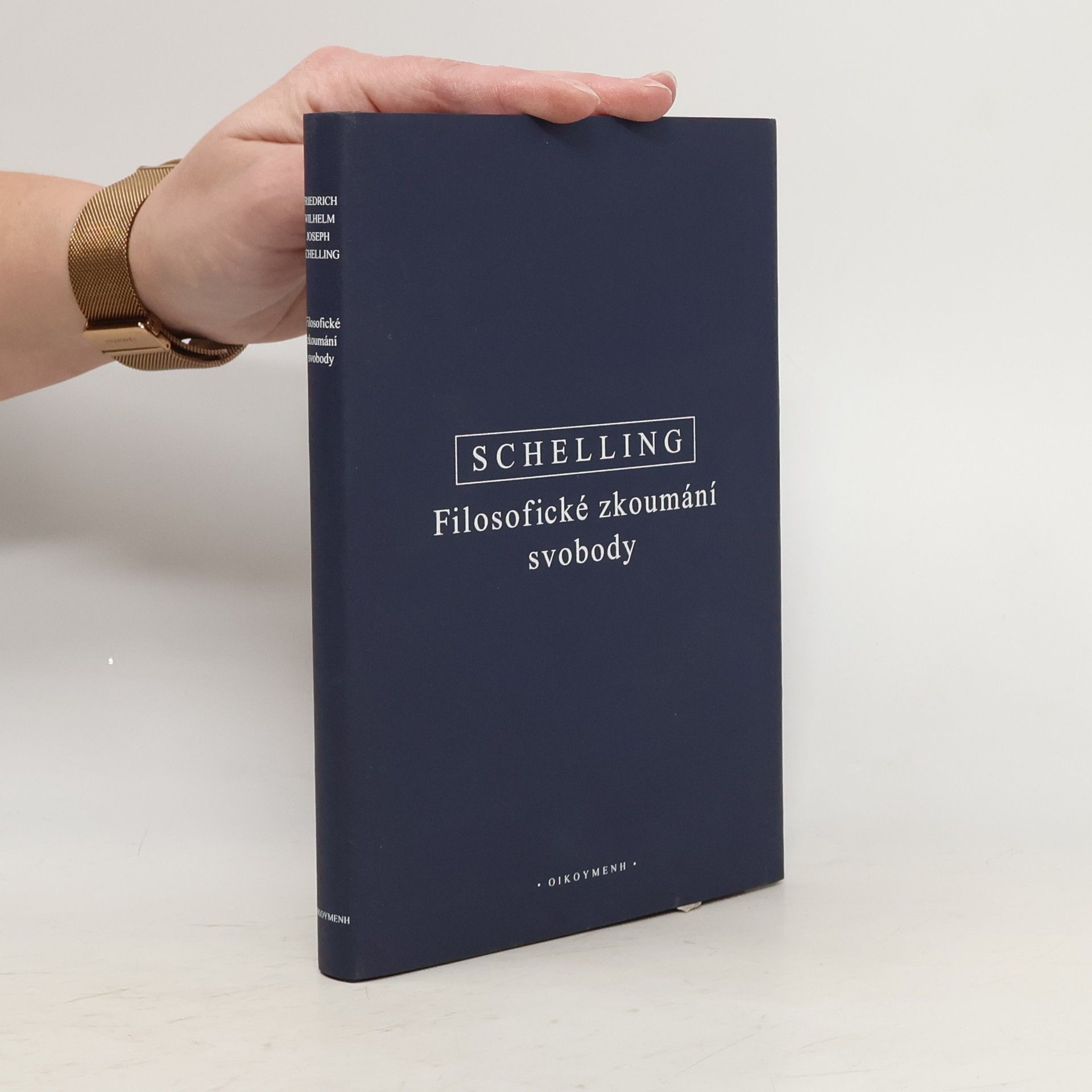

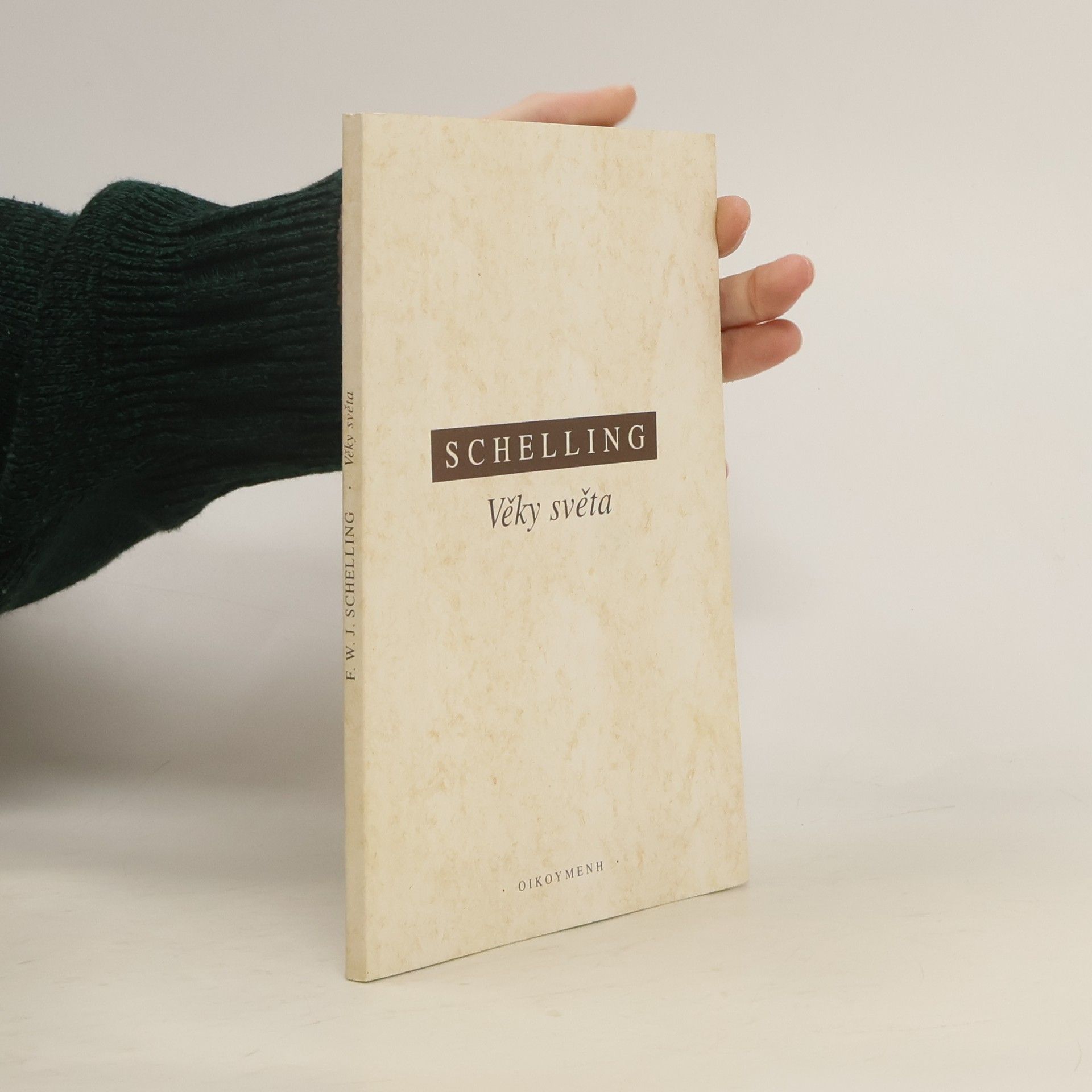
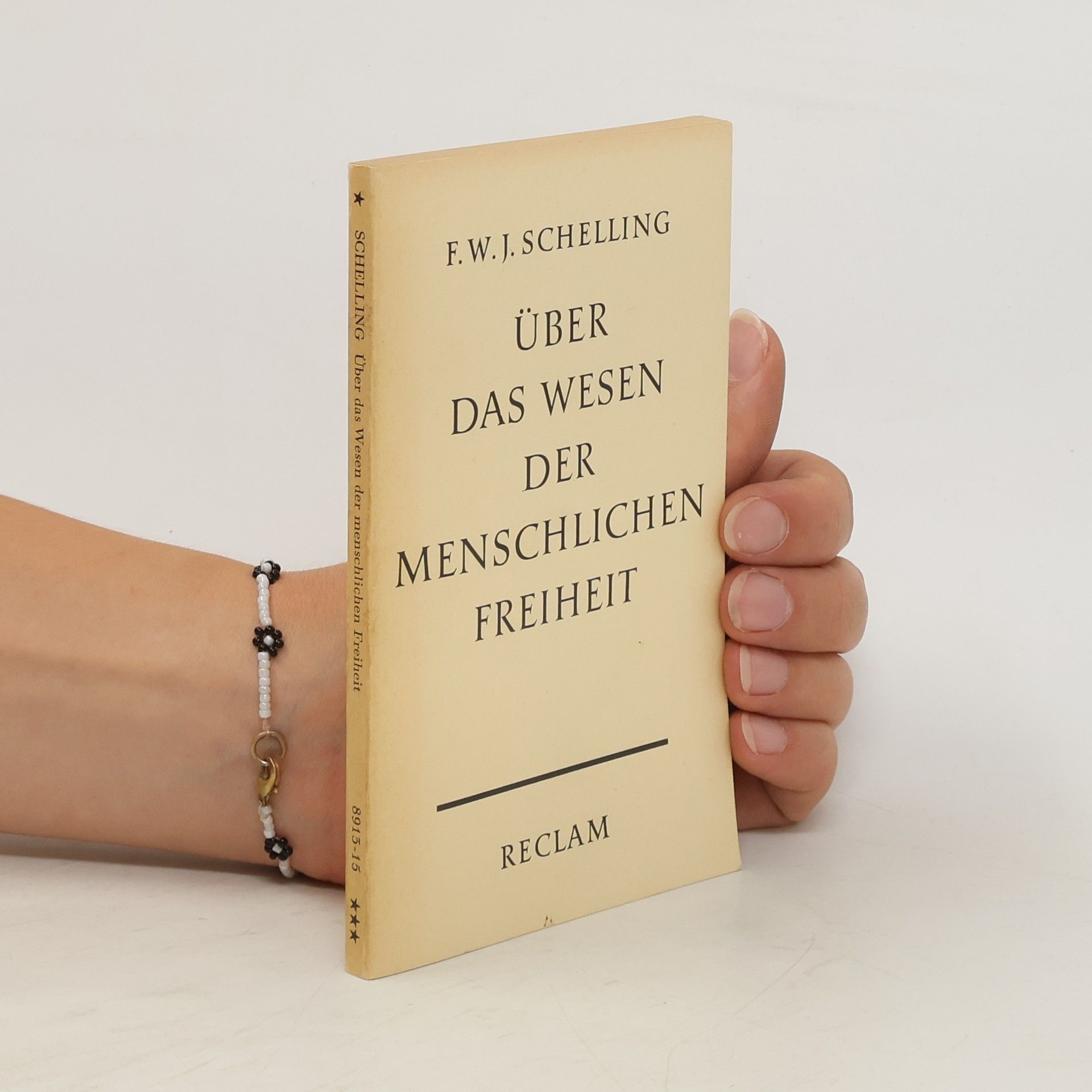
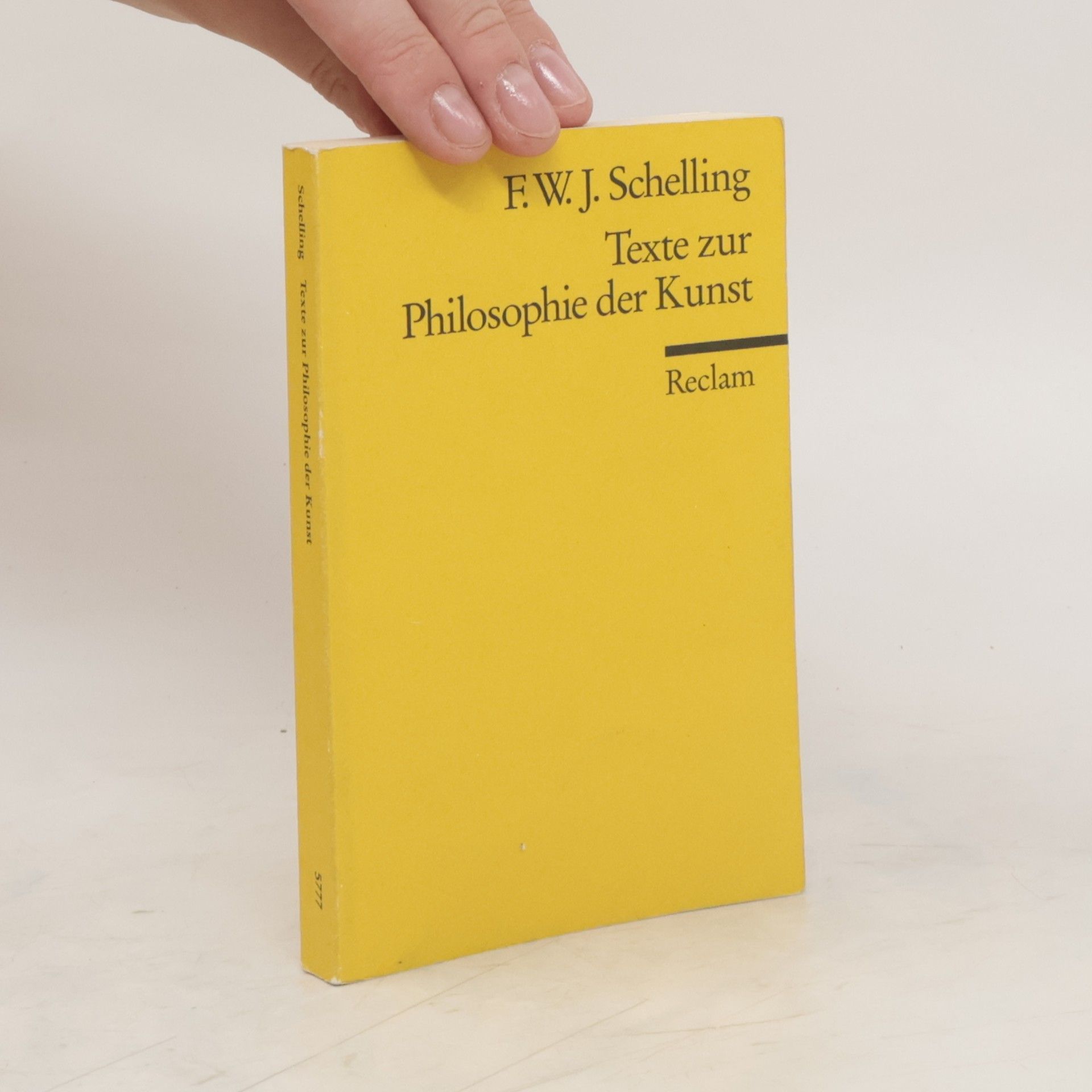

In seinen zwischen 1802-1805 in Jena und Würzburg gehaltenen Vorlesungen zur Ästhetik entfaltet Schelling im Spannungsfeld zwischen Romantik und Klassizismus ein System der Künste auf Grundlage der eigenen Identitätsphilosophie. Die Edition folgt dem Text der ›Sämmtlichen Werke‹ aus der Würzburger Zeit und gibt zusätzlich eine Jenaer Nachschrift wieder. Daneben enthält der Band das sog. »Älteste Systemprogramm des Deutschen Idealismus« von 1796; dazu werden zwei Gedichte Schellings herausgegeben: das »Epikurisch Glaubensbekenntnis« von 1799 und ein Naturgedicht Schellings, die sog. »Stanzen«
Schellings Untersuchung zielt auf eine umfassende und lückenlose Theorie der menschlichen Freiheit. Was die Vollständigkeit der inneren Momente ihres Begriffs und deren Einbettung in den Rahmen einer Gesamtsicht des Wirklichen - in dem sie ja möglich sein muß - betrifft, steht sie sowohl in ihrer Zeit als auch eigentlich bis heute einzig und unerreicht da. Schelling verbindet in ihr den Kantischen und weiterhin idealistischen Ansatz, die Freiheit von innen heraus als Prinzip der Subjektivität zur Entfaltung zu bringen, mit dem älteren, metaphysisch-rationalistischen Ansatz, ihren Begriff auch an sich in einem übergreifenden Wirklichkeitskontext für rechtfertigbar zu halten. Er weiß darüberhinaus sogar Mittel und Wege, die theologisch einschlägigen Fragestellungen der Tradition, wie Theodizeeproblem, Prädestinationslehre, Hamartiologie und Schöpfungs- bzw. Erlösungsdogma in den Theoriezusammenhang auf durchweg philosophische Art und Weise aufzunehmen.
Kniha Věky světa představuje spolu se spisem O lidské svobodě významný dokument k tzv. střední fázi Schellingova myšlenkového vývoje. Svou programovou koncepcí filosofického mýtu formuluje tento spis nový typ idealistické filosofie. Přeložil P. Babka
Výbor z kratších, nicméně po mnoha stránkách pozoruhodných spisků velkého německého myslitele 19. století. Texty zde zahrnuté skýtají četbu zábavnější a časově i volně méně náročnou, než je lektura obsáhlých svazků. Dohromady dávají zajímavý obraz mnohostrannosti i mnohoznačnosti autorova myšlení a tvorby. Knížka obsahuje díla z různých období autorova života – od tzv. Nejstaršího programu systému z roku 1796 až po pojednání O prameni věčných pravd, přednesené autorem na zasedání Berlínské akademie.
Filosofické zkoumání svobody
- 239bladzijden
- 9 uur lezen
Výbor ze spisů německého myslitele Schellinga z let 1809–1834, které jsou svým způsobem předehrou k filosofii 20. století, i když jsou psány jazykem klasické německé filosofie. Výbor ze Schellingových spisů z let 1809–1834 představuje jak texty, v nichž tento významný německý myslitel přehodnocuje základy německé klasické filosofie včetně svého vlastního pojetí identity myšlení a bytí, tak i ty, které naznačují cestu k jeho pozdnímu myšlení, zasvěcenému pozitivní filosofii. Oba typy patří v celku jeho díla k nejzajímavějším právě proto, že se v nich uskutečňuje přechod od klasické filosofie vědomí k pohegelovskému myšlení, v němž F. W. J. Schelling zaujímá zcela specifické postavení právě důrazem na meze čistě reflexivní filosofie. Nakladatelská anotace.
Do českého výboru z díla F. W. J. Schellinga jednoho z významných představitelů německé klasické filozofie, byly zařazeny výňatky z Idejí k filozofii přírody, z Úvodu k náčrtu soustavy přírodní filozofie, z Náčrtu soustavypřírodní filozofie, ze Soustavy transcendentálního idealismu akritika Hegela z Dějin novější filozofie. Výbor je opatřen studií pojednávající o některých rysech Schellingovy filozofie. M. Sobotka, Jindřich Zelený: K „upřímné Schellingově mladické myšlence“.
Výbor z díla. Rané spisy
- 312bladzijden
- 11 uur lezen
Filosofická zkoumání bytnosti lidské svobody a s tím souvisejících předmětů
- 130bladzijden
- 5 uur lezen
Schelling sa v tejto práci zameral na vzťah slobody a nevyhnutnosti. V tomto diele sa prvýkrát vyslovuje komplexne o základných etických otázkach, napr. o vzťahu dobra a zla, o slobode vôle, o ľudskej osobnosti a pod.
Vorlesungen über die Methode (Lehrart) des akademischen Studiums
- 188bladzijden
- 7 uur lezen
Schellings Vorlesungen von 1803 geben keine didaktischen Anweisungen, sondern erörtern, begründen und betonen die Rolle und Bedeutung des methodischen wissenschaftlichen Denkens für die freie und allgemeine gesellschaftliche Bildung. Humboldts Modell der auf die Idee der Freiheit und das Prinzip der Einheit der Wissenschaften gegründeten Universität basiert auf den von Schelling in dieser Schrift errichteten Fundamenten.
